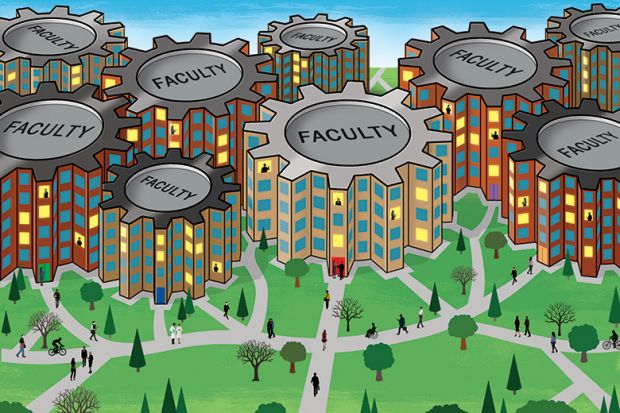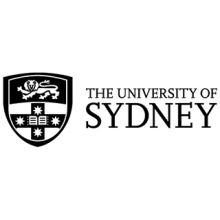It has become almost a truism that the future of research is inescapably multidisciplinary. A commitment to “multidisciplinarity” rolls off the tongue of many a university vice-chancellor. But what does that term really mean?
At the University of Sydney, we have been doing a lot of thinking about that. Getting beyond the hype is vital if research-intensive universities such as ours are to meet demands to make an even greater contribution to addressing problems that governments, civil society and industry can’t solve on their own.
Obesity is a good example. More than 60 per cent of Australians are obese or overweight, including 25 per cent of children. We know that obesity is linked to increasing rates of diabetes and cardiovascular disease, which is the leading cause of death globally. The pressure this will place on healthcare systems will be colossal.
We also know why this is happening. We are eating too much of the wrong thing and expending too little energy. In many ways, this is not a surprise: humans have evolved to minimise their energy consumption and maximise their access to safe and palatable food. But these adaptive traits have had unintended consequences. In the Darwinian marketplace of the modern economy, companies prosper when they sell us the foods we desire – even if those foods make us sick. So any “solution” to the obesity epidemic will not emerge exclusively from biomedical research. We also need to improve our understanding of how people respond to our social, cultural, historical, economic and political environments. This is a multidisciplinary endeavour.
In 2013, Sydney established the Charles Perkins Centre, a A$350 million (£190 million) initiative that combines a new building with an ambitious programme of research and outreach focused on obesity, diabetes and cardiovascular disease, bringing together scientists, economists, philosophers, lawyers, creative artists and clinicians.
But such initiatives are not easy to bring to fruition. Universities are deeply conservative organisations. Faculties, schools and disciplines shape not only their political economy but also the very life course of a researcher. You are trained in a discipline, publish in your disciplinary journals and are hired by a department or school. Students, faculty and alumni tend to identify first with their disciplines – and only then with their universities.
There are good reasons for this. Deep training in the methodologies and epistemologies of a discipline enables the discovery of new knowledge and understanding. You can’t have great multidisciplinary research without great disciplines. Nor does addressing grand societal challenges mean abandoning basic, discovery-led research: quite the opposite. Issues such as obesity, globalisation and artificial intelligence demand the discovery of new knowledge and cutting-edge conceptual innovations.
At Sydney, we have tried to pursue multidisciplinarity not by prioritising certain challenges from on high. Instead, we are identifying issues with large societal impacts that also engage the passions and expertise of our researchers. Additional examples of our 10 whole-of-university multidisciplinary initiatives (MDIs) include mental health and brain science; nanoscale science and technology; translational data science; environment and climate change; infectious diseases; China; and Southeast Asia.
The trick is to ensure that the MDIs complement and add value to our faculties and schools, rather than compete with them. Hence, every member of an MDI must also be a member of a faculty or school, and share with it any income generated through grants or philanthropy. All of the initiatives report to me, the deputy vice-chancellor for research, and share a governance structure that includes deans, heads of school and other senior academics.
What we’re discovering is that this “Sydney model” is starting to change the shape of the university. It’s not that faculties and schools are becoming less important, but that they are becoming more porous. We are moving towards a model of “faculties without borders”. In the process, we are becoming a more networked institution, both internally and externally. Our community partners regard our multidisciplinary initiatives not only as an effective – and easier – way of engaging with us, but also as offering an exciting research agenda.
None of this means that disciplines are no longer important, or are slated for redundancy. But if we are to tackle the most difficult societal and research challenges, it is clear that the grip that disciplinary culture has on universities must be relaxed somewhat. The shape of research is changing. The most successful universities of the 21st century will be those that respond creatively to these new demands and opportunities.
Duncan Ivison is deputy vice-chancellor (research) and professor of political philosophy at the University of Sydney.
Register to continue
Why register?
- Registration is free and only takes a moment
- Once registered, you can read 3 articles a month
- Sign up for our newsletter
Subscribe
Or subscribe for unlimited access to:
- Unlimited access to news, views, insights & reviews
- Digital editions
- Digital access to THE’s university and college rankings analysis
Already registered or a current subscriber? Login









